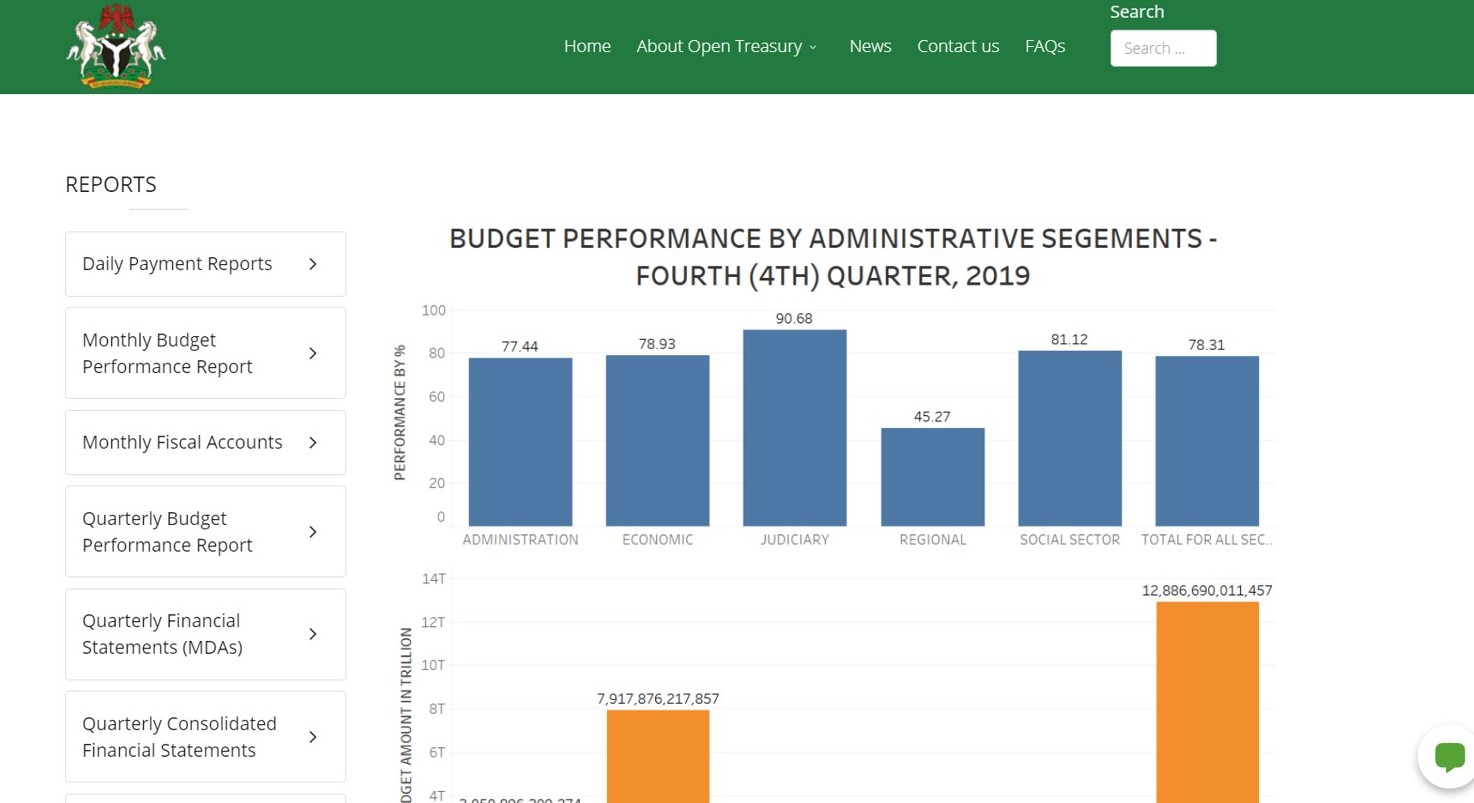
BudgIT’s Principal Lead, Gabriel Okeowo.
by Barnabas Esiet.
A civic advocacy society and accountability organization, BudgIT, says between January and July 2019, it has discovered over 2,900 sham payments, to individuals’ personal accounts worth ₦51bn.
A detailed report by BudgIT titled “OpenTreasury.gov.ng: Nigeria’s Spending Platform: Review, Gaps & Recommendations” shows the organization collated, and analyzed over 100,000 payment entries from over 600 distinct spreadsheets on the Federal government portal between September 2018 and May 2020.
According to a statement, the report revealed lodgments of large sums of money into personal accounts with elusive descriptions including, “₦2.04bn, ₦2.04bn and ₦1bn paid into personal accounts on the 21st of June 2019 without any payment description along with another ₦68m payment for “ogunsuyi” and ₦15.8m for “international” on other dates.”
“In the same 2019, we also discovered payment records without descriptions or beneficiary information. At least 5,000 payment records valued at ₦278bn were without descriptions and 275 payment records with a value of ₦43bn were without beneficiary name. These inconspicuous payments cannot be assessed or traced by citizens and interested parties, thereby defeating the purpose of the platform to foster transparency.” The statement further read.

The Federal Government launched the Open Treasury Portal on the 9th of December, 2019, to enhance transparency in government spending and provide a comprehensive space for the collation of data by all ministries, departments and agencies (MDAs) on budget implementation, financial records, as well as transactions above the threshold of (₦5m by MDA and ₦10m by the Office of the Accountant General of the Federation).
BudgIT, however, commended the portal as innovative but called on government to promptly rectify the discovered fault lines of the platform including standardization of the portal to make it impossible to input incomplete or vague information.
It is also advocates verification of payments into personal accounts on the portal as this largely undermines the objective of creating it.









Comment here